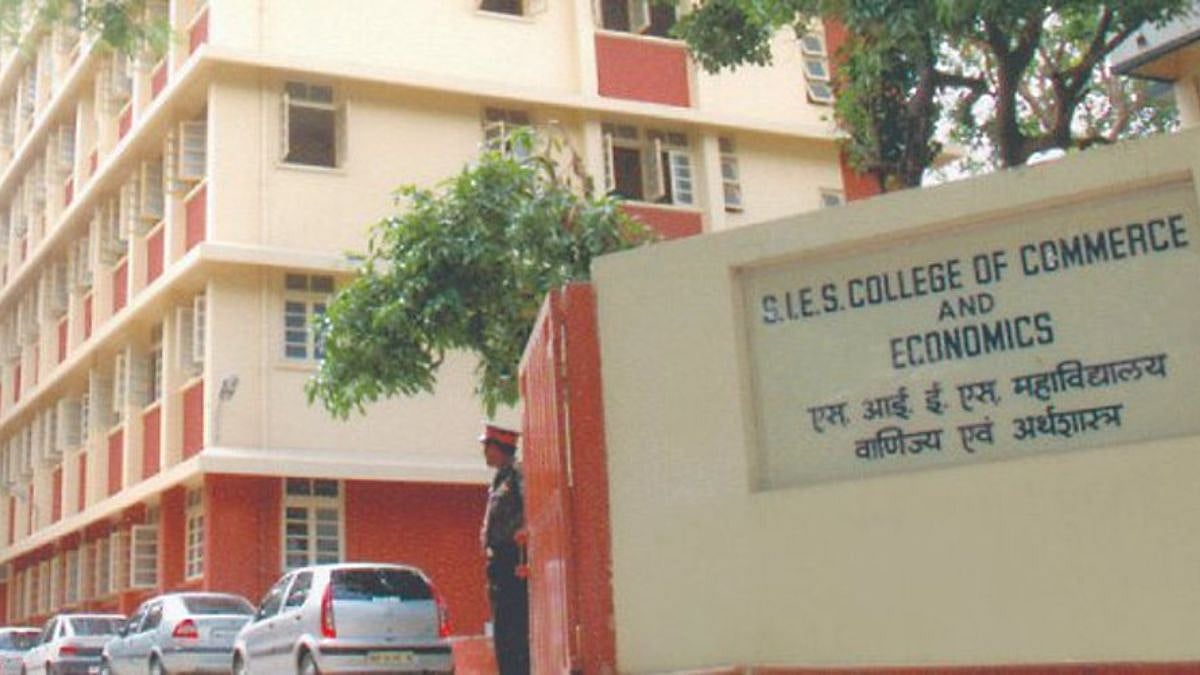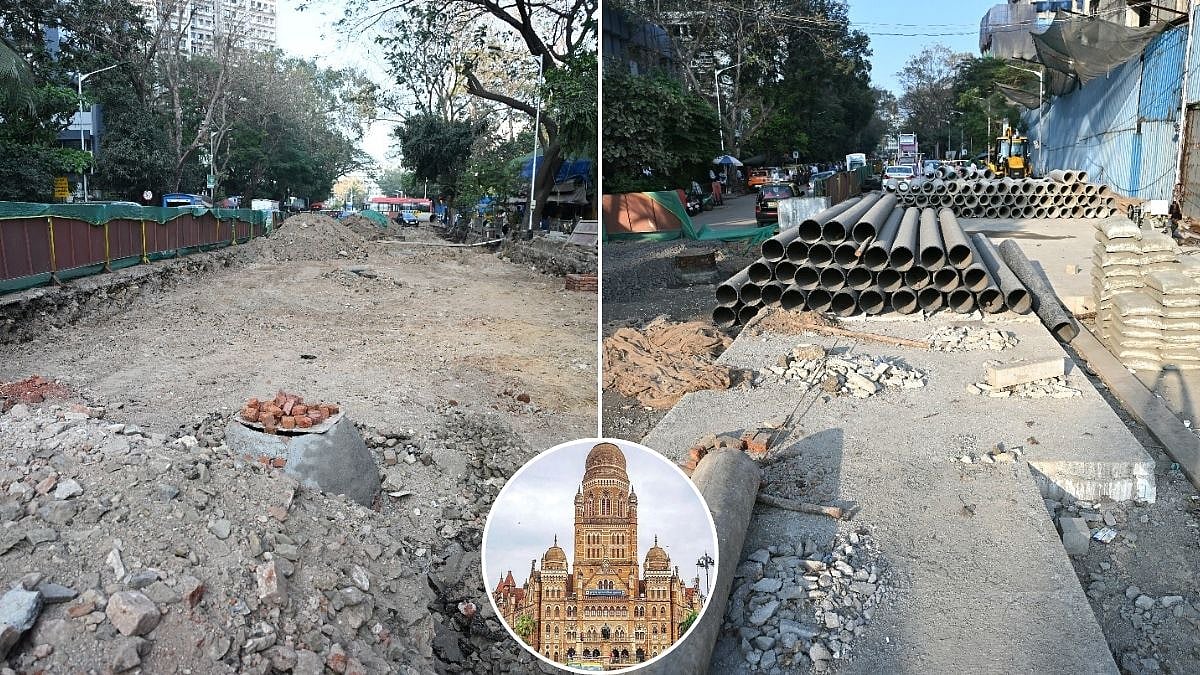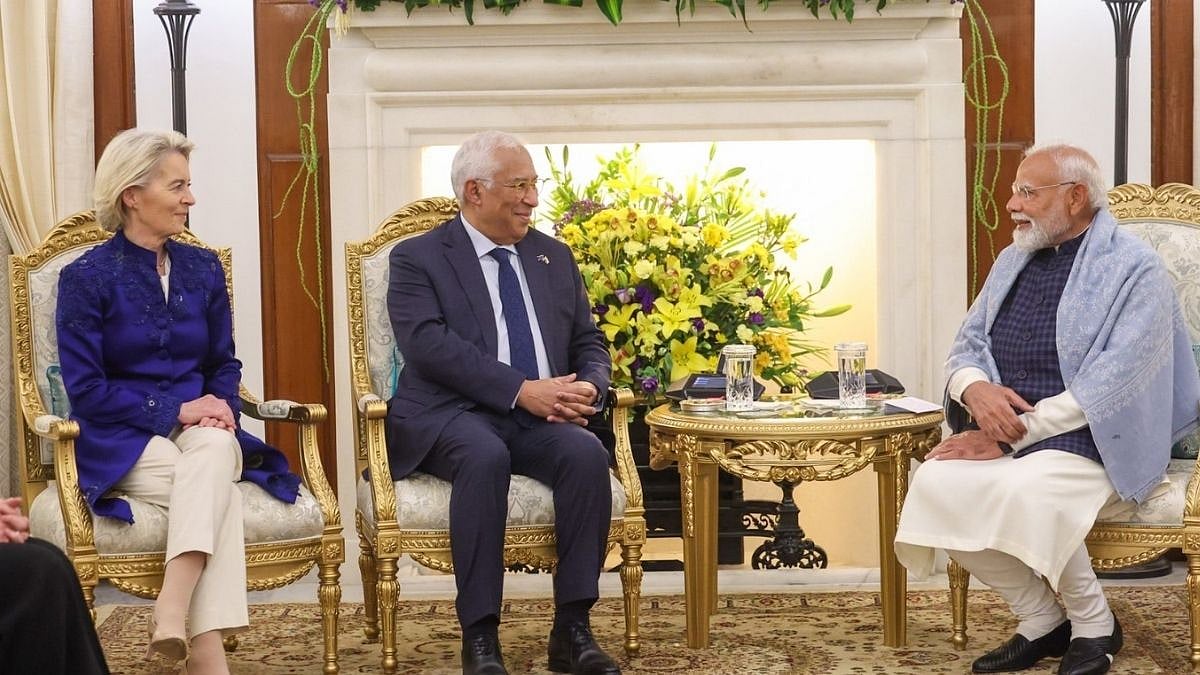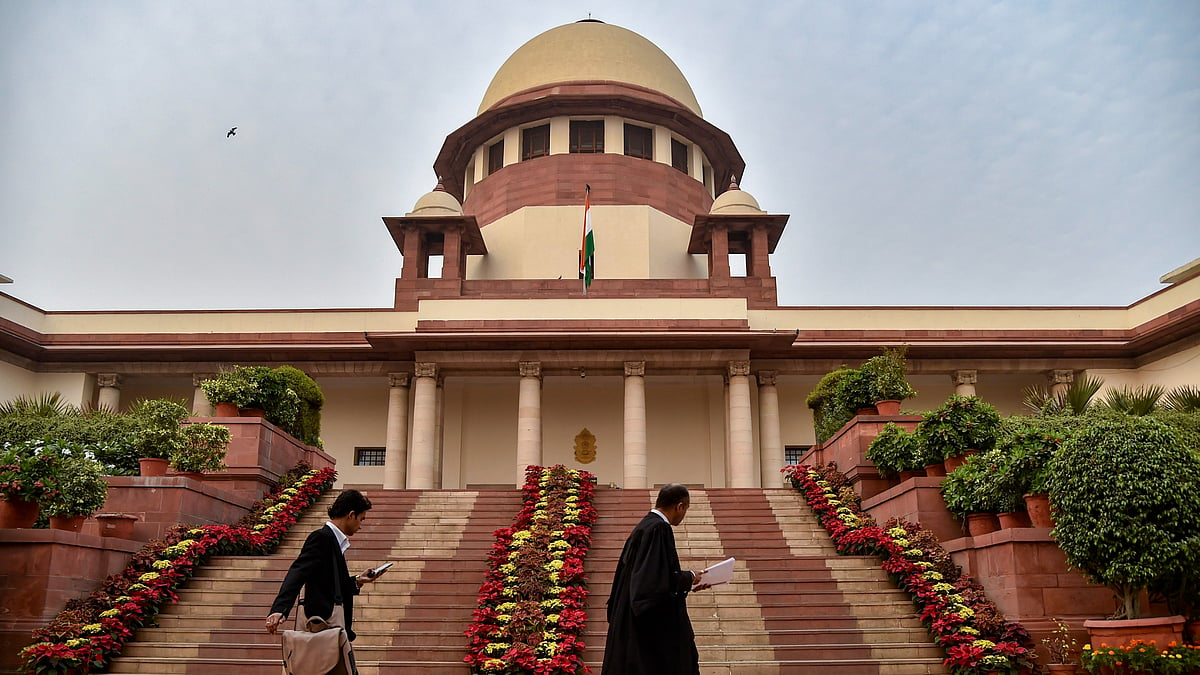Indian soft-pedalling in regard to the Sino-Indian border dispute in the past decades has apparently given China the impression that India can be browbeaten into accepting the Chinese position willy-nilly even though the governments may make loud noises for public consumption. The Nehru period and subsequent tendency to give in to the Chinese in the wake of their aggression of 1962 and the decades of failure to work out a good deal are like an albatross around New Delhi’s neck. They have inevitably led to India being virtually taken for granted.
Now, in the wake of the recent tension, with the Chinese trying to wrest control of key heights, they are surprised at the Narendra Modi government’s refusal to accept their occupation of strategic points on the border that would give Beijing a lasting political and military advantage.
Indeed, India’s steadfastness is perfectly understandable and a welcome change from the earlier weak position but the Chinese are far from reconciled to India’s new-found confidence. Hosted in Moscow by the Russians earlier this week under the auspices of the Shanghai Cooperation Organisation, External Affairs Minister S Jaishankar and his Chinese counterpart Wang Yi took differing positions in talks while affirming their intent for durable peace and tranquillity.
The Indian side told the Chinese that the recent incidents in eastern Ladakh had inevitably impacted the development of bilateral relations, and therefore, an urgent resolution of the current situation was in the interest of both nations. However, the Chinese side issued a statement saying that the "Indian side does not consider the bilateral relations to be dependent on the situation at the border".
What the Chinese did acknowledge was that the two are "large developing countries" so what China and India "need right now is cooperation, not confrontation." While the two sides have broadly agreed on a five-point agenda for de-escalation, the strands of disagreement are sharp enough to expect relations between the two Asian neighbours to be on edge until a political solution at the highest levels is worked out sometime in the future, if at all.
The Indian side said that the provocative behaviour of Chinese frontline troops at numerous incidents of friction along the LAC also showed disregard for bilateral agreements and protocols. The Indian side clearly conveyed that it expected full adherence to all agreements on management of border areas and would not countenance any attempt to change the status quo unilaterally.
The tone and tenor of India’s forthright assertions and the fact that India has a clear strategic advantage as of now have made the Chinese conscious of India’s toughness under the new dispensation. Under the decade-long Congress dispensation of Manmohan Singh, the Chinese had even managed to get the Congress party to accept a bilateral agreement with the Communist Party of China, which gave the latter an advantageous relationship with India. Now, under Modi’s dispensation, things are different.
Even though the Moscow meeting of Jaishankar and Wang Yi and earlier of Defence Minister Rajnath Singh and his Chinese counterpart may have averted an immediate war, India’s understanding remains that there will be no change in the ground situation for now Even as the meeting was being held in Moscow, the PLA was reinforcing its build-up, as it looks to move further west of Finger 4. To match the build-up, Indian troops were being deployed in large numbers along the Finger 3 ridgeline on the north bank of Pangong Tso.
All said and done, however, China still has some advantages over India in terms of deployment of men and material which cannot be wished away. India has a major challenge on its hands in warding off a full-scale Chinese aggression and in the time that India seems to have bought through diplomacy in Moscow, it needs to considerably augment our ability to meet the Chinese challenge effectively.
For this, India may well need to shop for arms, to offset the Chinese advantage comprehensively. That the newly-acquired Rafale fighter aircraft will add to India’s firepower is beyond question. But New Delhi cannot rest content with that. More acquisitions and increased muscularity are still the need of the hour.









